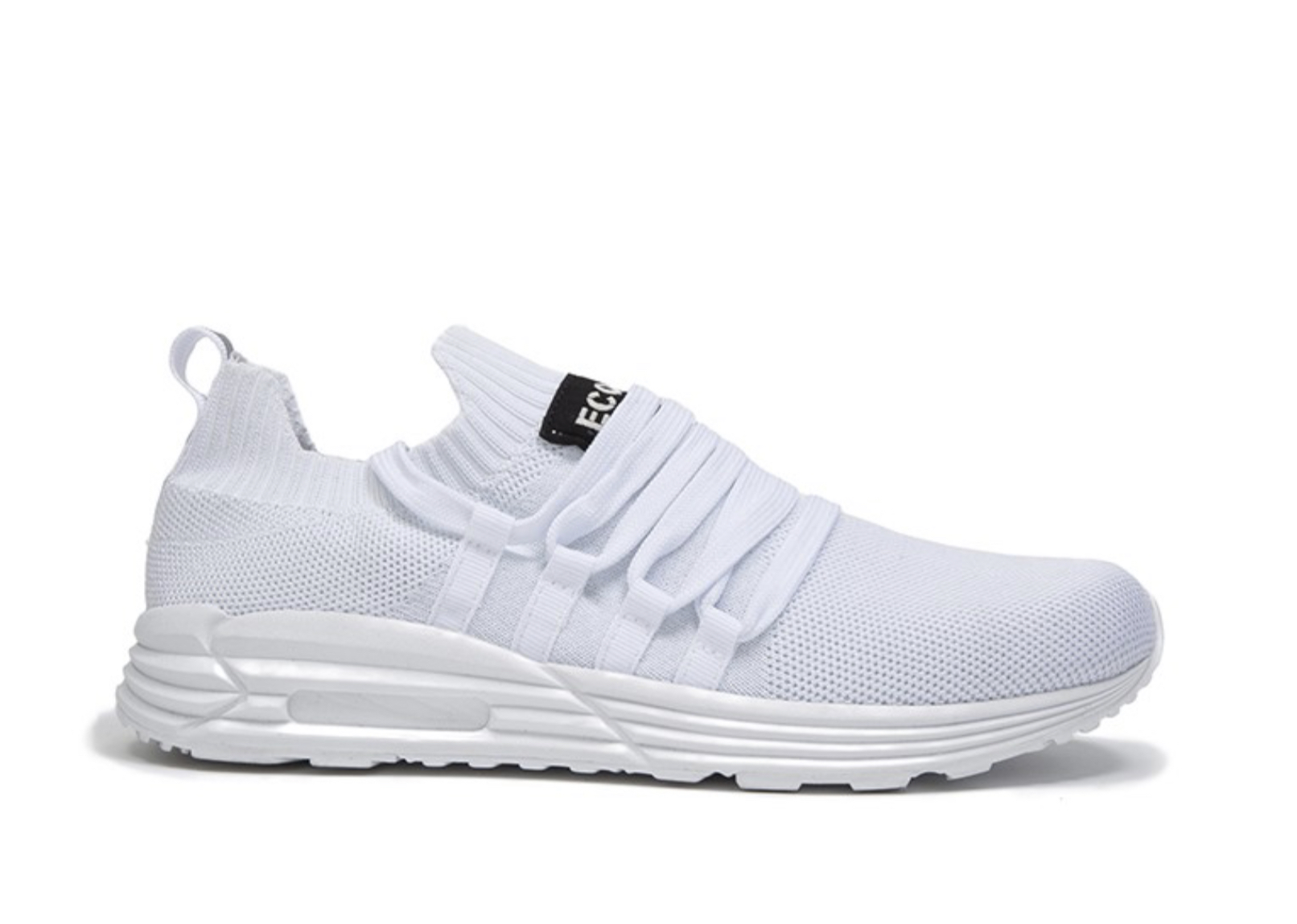- Sustainable Planet -
- 4mins -
- 459 views
ADIDAS SET TO PRODUCE 11 MILLION MORE SHOES USING RECYCLED PLASTIC WASTE IN 2019
From one million pairs of shoes made from recycled plastic in 2017, to five million pairs in 2018, adidas aim to make eleven million pairs in 2019.
ADIDAS TRAINERS MADE FROM OCEAN PLASTIC: 2019 UPDATE
In 2018, sporting goods manufacturer adidas produced more than five million pairs of shoes containing recycled plastic waste. The company now plans to more than double that figure this year. As an outcome of a cooperation between the sporting goods manufacturer and the environmental organisation and global collaboration network Parley for the Oceans, plastic waste is intercepted on beaches, such as the Maldives, before it can reach the oceans. That upcycled plastic waste is made into a yarn becoming a key component of the upper material of adidas footwear and, more recently, other sporting apparel.
From one million pairs of shoes containing recycled plastic in 2017 to eleven million pairs in 2019
In addition to adidas ever-growing range of footwear made with recycled plastic, the company also produces a range of apparel from the recycled material, such as the Champions League jersey for FC Bayern Munich and Alexander Zverev’s outfit for the Australian Open.
“With adidas products made from recycled plastic, we offer our consumers real added value beyond the look, functionality and quality of the product, because every shoe is a small contribution to the preservation of our oceans.
“After one million pairs of shoes produced in 2017, five million in 2018, we plan to produce eleven million pairs of shoes containing recycled ocean plastic in 2019," said Eric Liedtke, adidas Executive Board member responsible for Global Brands.
"Sustainability at adidas goes far beyond recycled plastic," added Executive Board member Gil Steyaert, responsible for Global Operations.
“We also continue to improve our environmental performance during the manufacturing of our products. This includes the use of sustainable materials, the reduction of CO2 emissions and waste prevention. In 2018 alone, we saved more than 40 tons of plastic waste in our offices, retail stores, warehouses and distribution centers worldwide and replaced it with more sustainable solutions.”
Source: adidas-group
Sustainability at adidas goes far beyond recycled plastic
Recently, adidas signed the Climate Protection Charter for the Fashion Industry at the UN Climate Change Conference in Katowice, Poland, and agreed to reduce greenhouse gas emissions by 30% by 2030. In addition:
- adidas is committed to using only recycled polyester in every product and on every application where a solution exists by 2024
- As a founding member of the Better Cotton Initiative, adidas meanwhile sources only sustainably produced cotton
- Since 2016, adidas stores no longer use plastic bags
Where the use of plastics – for example in transport packaging – is still unavoidable, adidas is relying on counterbalancing measures and promoting sustainable alternatives.
The company is currently supporting the global innovation platform Fashion for Good with a donation of €1.5 million which equates to the company’s environmental impact of plastic packaging.
The foundation is driving the development of innovative, durable and reusable materials for the fashion industry. adidas has been a partner of the foundation since the beginning of 2018.
Check out adidas+Parley range of eco-conscious footwear and other sporting apparel here.
N.B. adidas themselves write their name with a small “a” throughout their own literature—that’s how it’s written, and not BrightVibes’ error.
Source: adidas-group

ECOALF’S UPCYCLED RAW MATERIALS RANGE FROM OCEAN PLASTIC TO COFFEE GROUNDS
adidas are not the only brand utilising plastic waste as a raw material in the manufacture of their clothing. ECOALF is a sustainable fashion brand whose objective is to reduce the negative impact of the fashion industry and the indiscriminate use of natural resources through different innovative and sustainable processes.
They say their end goal is to create a new generation of responsible products with a level of quality and design to match the best in the market. Their ingenious use of upcycled raw materials ranges from ocean plastic and old tyres to, believe it or not, coffee grounds! For more on that story, click here.
Brands including Gucci and Stella McCartney are increasingly partnering with organisations such as Parley for the Oceans, and sourcing materials regenerated from companies such as Aquafil, the textile manufacturer that transforms ocean waste into sustainable materials such as Econyl.
At Moshi Moshi Mind, the Danish fashion brand that opened its first UK store last month, the star of the season is a £255 winter coat that looks and feels like a traditional down padded coat yet is made entirely from plastic bottles retrieved from the sea.
“The fabric is very fine and that has its own [design] challenges, but the idea is to learn and get better with time as we believe this is a long-term strategy,” the label’s owner, Jenny Egsten-Ericson, told The Guardian.

